Apply by Sept. 12, 2023
We’re excited to work with an undergraduate student to help us update our best practices re accessibility and knowledge mobilization!
Please email your resume and cover letter to: icer.ok@ubc.ca
CER 2023-24 Work Study: Accessibility Assistant
Wage: $20/hr
Hrs per wk: 12
NB: The Workstudy funding this year is designated for undergraduate students, not graduate students.
Description
The ICER Accessibility Assistant will conduct an accessibility audit of the Institute for Community Engaged Research (ICER) regarding best practices for ICER events, ICER communications, and will also establish new Web Content and social media accessibility guidelines.
The student’s time will be focused on the topic of accessibility and knowledge mobilization and how this is best applied at ICER.
For the Fall and Spring of 2023-4, the Institute for Community Engaged Research (ICER) seeks a dynamic individual to become the ICER Accessibility Assistant to join the team to work on the creation of new online and social medial accessibility guidelines that are informed by the Web Content Accessibility Guidelines (WCAG) international standard, including WCAG 2.0, WCAG 2.1, and WCAG 2.2 as well as addressing accessibility in current trends in best practices of hosting accessible events. We use the term accessibility here in two ways:
One, related to the Accessible Canada Act (2019) and British Columbia’s commitment to be barrier-free by 2024.
And accessibility in the sense of ensuring everyone has access to ICER events and communications, and to online publications, and that these publications in turn meet the needs of a variety of readers.
Added to this, the Okanagan Charter: An international charter for health promoting universities & colleges International Conference on Health Promoting Universities & Colleges (7th: 2015: Kelowna, (B.C.)) also notes in Call to Action 1, in section 1.5, UBCO aims “to support equitable access” and we see it as core to the values of ICER’s commitment to social justice. This position allows a student to work closely with the Director of ICER, and the ICER coordinator and will work specifically on the creation of guidelines related to accessibility in Knowledge mobilization activities (to ensure we are meeting WCAG 2.0, WCAG 2.1, and WCAG 2.2 guidelines) as well as ensuring new trends in Open Access publishing are reflected in ICER practices re events, communications and publications.
ICER Accessibility Assistant will participate in ICER and team meetings and help draft internal deadlines and workflow processes. These might include: assisting with the creation of new formatting for communications that reflect accessibility in both print and digital media,
template designs, and informing best practices based on Open Access guidelines that have emerged in the past 24 months. ICER Accessibility Assistant will also participate in team meetings and help with communications, marketing, and event planning.
This is a dynamic role in which the ICER Accessibility Assistant can learn new skills related to Open Access policy, practices, and communications, engage in teamwork and collaboration, expand their personal goals and skills, and be integral to improving accessibility of both ICER communications and events.
Overall duties will include:
1. Researching and helping to implement current accessibility policies and best practices to ensure ICER is fulfilling its commitment to equity and accessibility to events and materials.
2. Assisting with the organizing and promotion of the ICER related events, and with the content creation for website, social media and newsletters with a view to ensuring best practices re accessibility (in person and virtual).
Qualifications
The job requires an individual with excellent communication and organizational skills no matter what their field of study. The student must be currently enrolled as a senior undergraduate student; have some previous experience with communications, design, research, and event planning. They should have a solid understanding of accessibility and inclusion issues and have a strong eagerness to work as part of a collaborative team (using various platforms from Workday, to Teams, to UBCO Outlook). They should have community-based research principles and objectives and be attentive to detail. And who is willing and eager to learn about Accessibility regulations and Open Access best practices.
Location
Kelowna, British Columbia Canada
Contact Information
Christine Schreyer, Associate Professor (Anthropology),
Acting Director, Institute for Community Engaged Research
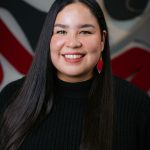 Wednesday, Nov. 29
Wednesday, Nov. 29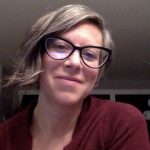
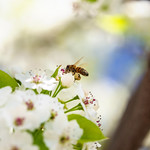

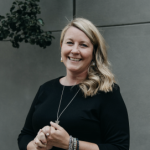

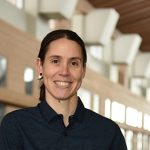
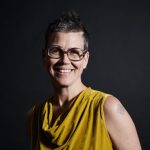
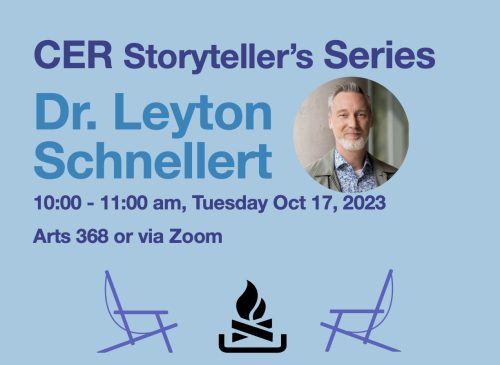 10:00 am to 11:00 am pst
10:00 am to 11:00 am pst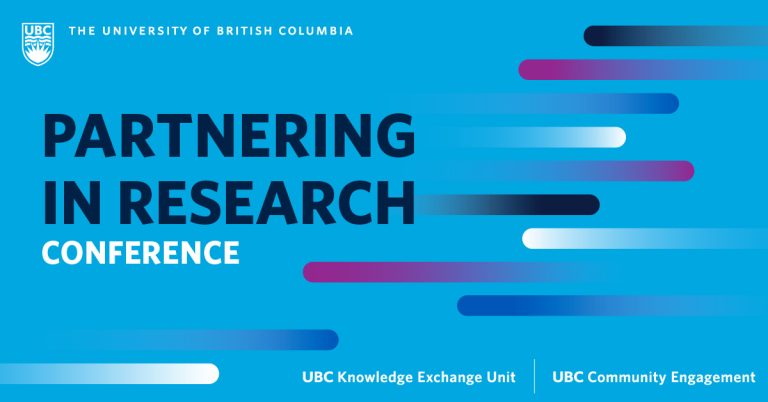
 Bio: As a member of Iran’s Baha’i minority community for over 30 years, Pegah Behroozi Nobar has
Bio: As a member of Iran’s Baha’i minority community for over 30 years, Pegah Behroozi Nobar has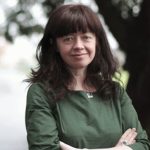
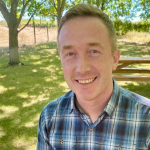
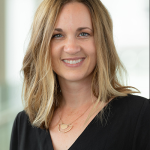

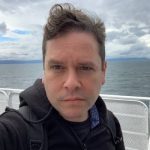
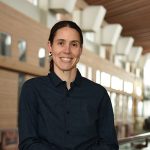

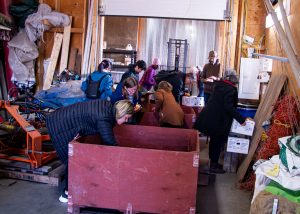
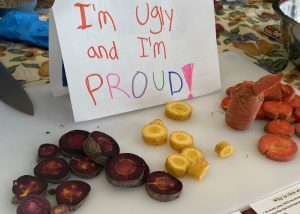

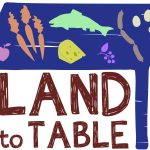
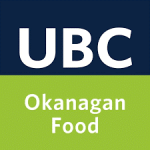
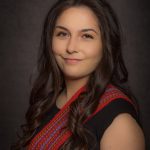 Bio: Hanna is a Michif (Métis) cisgender woman. Her Métis family names are Paul, Lizotte, Lambert, and LaFleur. She is a second year IGS Master’s student under the supervision of Dr. Gabrielle Legault and Dr. Fiona McDonald. Hanna is in the CESCE theme and currently writing her thesis.
Bio: Hanna is a Michif (Métis) cisgender woman. Her Métis family names are Paul, Lizotte, Lambert, and LaFleur. She is a second year IGS Master’s student under the supervision of Dr. Gabrielle Legault and Dr. Fiona McDonald. Hanna is in the CESCE theme and currently writing her thesis.